A monthly review and outlook of the Global Listed Infrastructure sector.
Market review - as at February 2022
Global Listed Infrastructure delivered resilient performance against a backdrop of market turbulence triggered by Russia’s invasion of Ukraine, and the resulting swathe of financial and economic sanctions imposed on Russia by western governments. The FTSE Global Core Infrastructure 50/50 index returned -0.4%, while the MSCI World index^ ended the month -2.5% lower.
The best performing infrastructure sector for a second consecutive month was Energy Midstream (+6%) following strong December quarter earnings numbers. Rising energy prices, reflecting the view that sanctions would impede Russia’s oil and natural gas exports, provided the sector with additional support. Airports (+2%) gained on healthy earnings numbers, the easing of international travel restrictions and isolation requirements, and evidence that passenger numbers were recovering as coronavirus case numbers eased from their January peak.
The worst performing infrastructure sector was Towers / Data Centres (-7%) as persistent concerns for higher bond yields in coming months overshadowed the structural growth theme of increasing demand for mobile data. The Federal Reserve is expected to start raising interest rates in March, for the first time since 2018. Similar concerns weighed on the Water / Waste (-3%) sector.
The best performing infrastructure region was Japan (+4%), which is traditionally viewed as a safe haven from equity market volatility. The country’s economy grew strongly during the December quarter, after its COVID-19 state of emergency was lifted at the end of September 2021. The worst performing infrastructure region was the United States (-2%) owing to lacklustre returns from mobile towers and some of its large-cap utility stocks.
^ MSCI World Net Total Return Index, USD
All stock and sector performance data expressed in local currency terms. Source: Bloomberg.
Market outlook and Strategy
The Portfolio invests in a range of global listed infrastructure assets including toll roads, airports, railroads, utilities and renewables, energy midstream, wireless towers and data centres. These sectors share common characteristics, like barriers to entry and pricing power, which can provide investors with inflation-protected income and strong capital growth over the medium-term.
The portfolio does not hold any Russian listed stocks. However, Russia’s invasion of Ukraine could have a number of potential implications for financial markets and the global listed infrastructure asset class.
1) Russia reduces / cuts gas supply to Europe
The most direct impact under this scenario would be on European utilities that source a high proportion of natural gas from Russia. We have long favoured US utilities over their European peers. As a result, the portfolio does not hold any European utilities with a material reliance on Russian natural gas. Our exposure to European utilities is focused on those with the scope to benefit from the build-out of renewables, such as Spain’s Iberdrola and Denmark’s Ørsted.
Such a move from Russia would also likely accelerate US LNG exports to Europe, to the benefit of portfolio holdings Cheniere Energy, the largest producer of LNG in the United States and the second largest LNG operator in the world; Sempra Energy, whose assets include Sempra Infrastructure, a developer and operator of substantial natural gas transportation networks and liquefaction facilities in the US and Mexico; and Dominion Energy, whose assets include Cove Point LNG Terminal, on the US Eastern Seaboard.
2) Tensions in the region cause global energy prices to rise
The portfolio should be reasonably hedged to this outcome. Rising energy prices would further improve the economics and strategic value of renewables projects, to the benefit of many of the portfolio’s utilities / renewables holdings (~46% of the portfolio at the end of February 2022). Higher oil and natural gas prices could also increase growth opportunities for the energy midstream space (7% of the portfolio). Offsetting this to a certain extent, the cost of travel would go up for transport infrastructure stocks such as Toll Roads (15% of the portfolio) and Airports (6% of the portfolio). The risk of political intervention in European power markets (for example where utilities are told to limit customer bill increases) may increase.
3) Geopolitical uncertainty and rising energy prices would likely be a brake on economic growth
This could push out expectations for increases in interest rates, which have been a headwind for infrastructure stocks.
More broadly, while the future remains uncertain, listed infrastructure can offer defensive characteristics in a volatile world. Listed infrastructure companies own and operate tangible assets that are difficult or impossible to replicate. Given the domestic focus of most infrastructure assets, the portfolio’s substantial North American exposure should also help to insulate it from events in Eastern Europe.
Source : Company data, First Sentier Investors, as of 28 February 2022.
Important Information
Investment involves risks, past performance is not a guide to future performance. Refer to the offering documents of the respective funds for details, including risk factors. The information contained within this document has been obtained from sources that First Sentier Investors (“FSI”) believes to be reliable and accurate at the time of issue but no representation or warranty, expressed or implied, is made as to the fairness, accuracy or completeness of the information. Neither FSI, nor any of its associates, nor any director, officer or employee accepts any liability whatsoever for any loss arising directly or indirectly from any use of this. It does not constitute investment advice and should not be used as the basis of any investment decision, nor should it be treated as a recommendation for any investment. The information in this document may not be edited and/or reproduced in whole or in part without the prior consent of FSI.
This document is issued by First Sentier Investors (Hong Kong) Limited and has not been reviewed by the Securities and Futures Commission in Hong Kong. First Sentier Investors is a business name of First Sentier Investors (Hong Kong) Limited.
Reference to specific securities (if any) is included for the purpose of illustration only and should not be construed as a recommendation to buy or sell the same. All securities mentioned herein may or may not form part of the holdings of First Sentier Investors’ portfolios at a certain point in time, and the holdings may change over time.
First Sentier Investors (Hong Kong) Limited is part of the investment management business of First Sentier Investors, which is ultimately owned by Mitsubishi UFJ Financial Group, Inc. (“MUFG”), a global financial group. First Sentier Investors includes a number of entities in different jurisdictions.
MUFG and its subsidiaries are not responsible for any statement or information contained in this document. Neither MUFG nor any of its subsidiaries guarantee the performance of any investment or entity referred to in this document or the repayment of capital. Any investments referred to are not deposits or other liabilities of MUFG or its subsidiaries, and are subject to investment risk, including loss of income and capital invested.
Get the right experience for you
Your location :  Hong Kong
Hong Kong
Australia & NZ
-
 Australia
Australia -
 New Zealand
New Zealand
Asia
-
 Hong Kong (English)
Hong Kong (English) -
 Hong Kong (Chinese)
Hong Kong (Chinese) -
 Singapore
Singapore -
 Japan
Japan

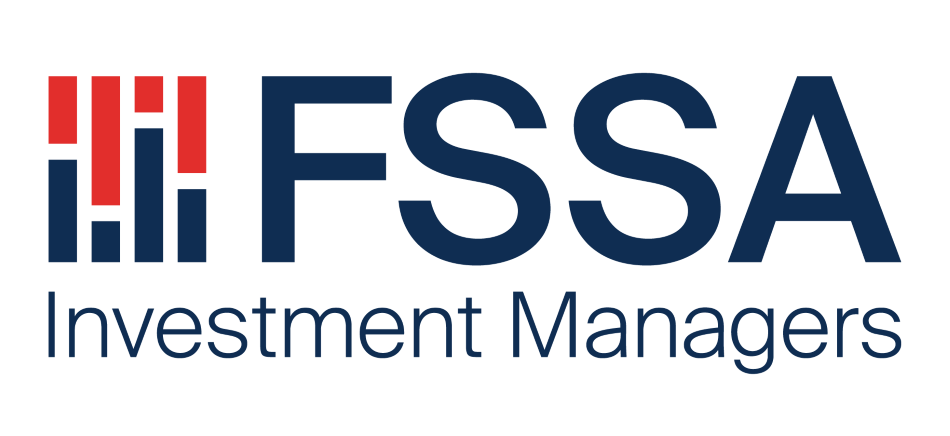
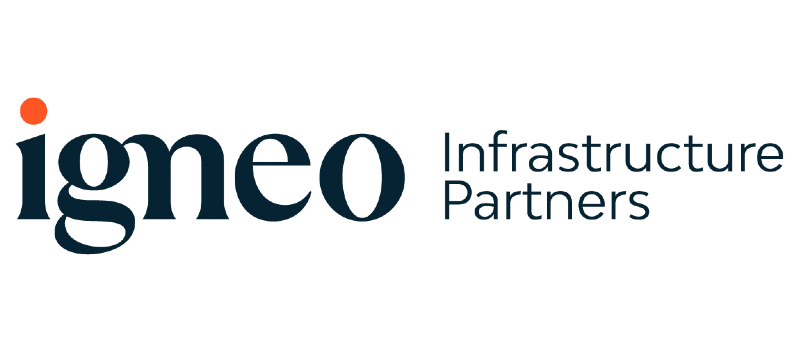
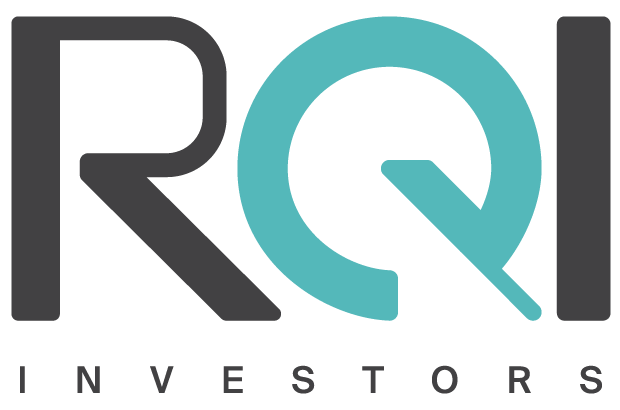


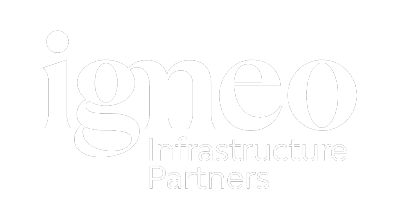



















 United Kingdom
United Kingdom 